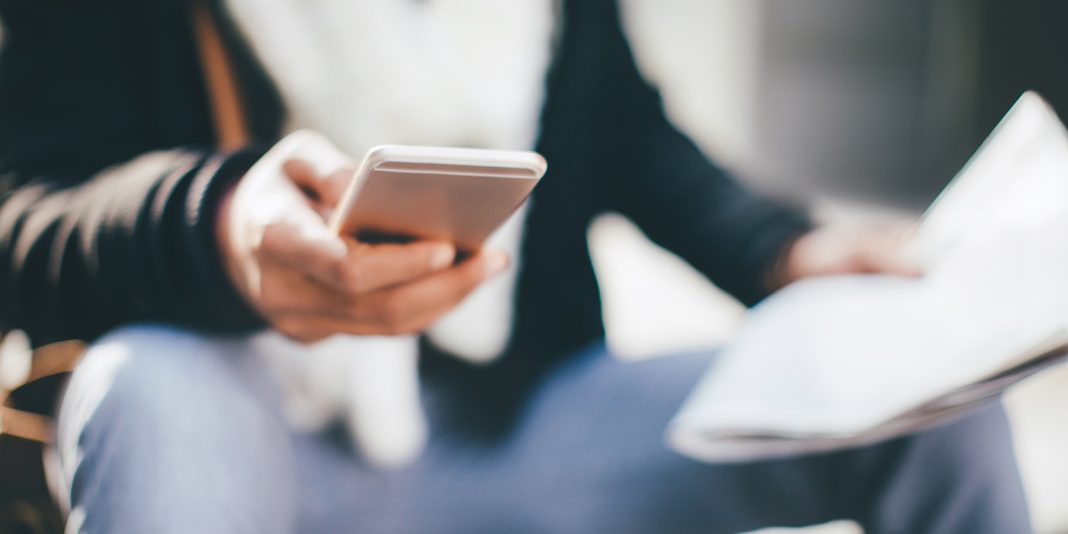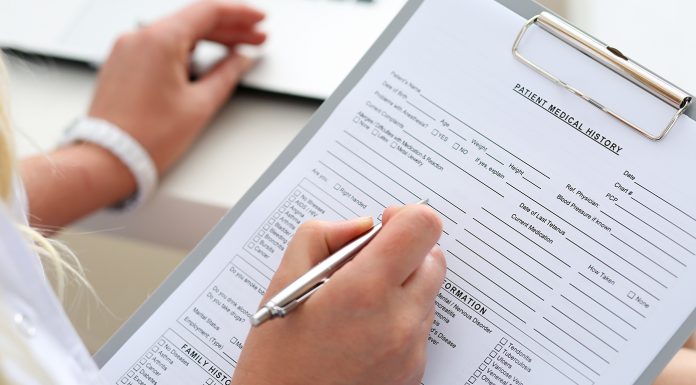Six hundred and six pairs of shoes, symbolising every Kiwi lost to suicide in the past year, arrived at Parliament yesterday to solemnly mark World Suicide Prevention Day.
Over a 15-day, 3000-kilometre trip, crossing more than 20 towns in which bereaved people added their loved ones’ shoes from Cape Reinga to Bluff, the collection arrived at the capital with a large number of family members and advocates in tow.
The Shoe Project began with 579 shoes, but 27 extra shoes were added after the Coroner released new suicide figures for the 2016-17 year during the roadshow.
Included in the 606 pairs of shoes families have placed on parliament grounds are 13 shoes for 10-14-year-olds, 38 for teenagers and 101 for people older than 60.
One hundred and thirty were for Māori, while 475 shoes were for men.
Jane Stevens, who lost her son Nicky, 21, to suicide in 2015, travelled with the North Island collection.
Her son’s body was found on March 12, 2015, three days he went missing from a mental health inpatient unit, where he was a patient.
Stevens said the shoes are a shattering visual reminder that has brought people to tears as “the loss becomes more real”.
“The 606 shoes are a heart-stopping and powerful reminder of all those whānau we’ve lost in the last 12 months,” she said. “Our journey with them has been heart-breaking, but also extraordinary.”
Stevens said her struggle with the loss of her son had been public, which wasn’t initially their family’s choice.
“We were proud of our son, we would never hide his struggle and by going public we were trying to honour him.”
Stevens has been a vocal advocate for an urgent independent inquiry into New Zealand’s mental health crisis.
Seventy per cent of New Zealanders and all political parties, except National and Act, supported an inquiry.
“We realised that silence wasn’t helping to create change and unless people were brave enough to speak out, this cycle was going to continue and more people were going to die.”
Many bereaved families felt blamed, intimidated and silenced, she said.
“It was bloody hard for us to get through that stigma at first, but in the end it fired our determination to seek change,” Stevens said.
“Speaking out has provided safety and inspired others to start to share their stories, which is what today event is all about.”
Stevens said her family spent seven “desperate” years trying to get help for her son.
“We realised government underfunding meant there were huge gaps in what safe and adequate mental health services were available and it wasn’t just our family falling through the gaps,” she said.
“We’re passionate and desperate to see change so other communities don’t have the same life shattering experienced we’ve had.”
The Shoe Project is supported by YesWeCare.nz, a new health coalition, and the Public Service Association, New Zealand’s mental health union.
New campaign launched
To also mark the day, radio hosts Jono Pryor of The Edge and Bryce Casey of The Rock have launched a new campaign – #yougoodmate – encouraging Kiwis to reach out for help.
Their friend Tim died by suicide earlier this year.
“Before Tim’s death, our group of friends didn’t really talk much, which is probably quite indicative of a lot of New Zealand males, I’d imagine,” Pryor said.
“But now we’re a lot more open, frank in our discussions, keep in contact more and talk about a lot of stuff that we never would have talked about, and I know that’s helped people.”
Shaun Robinson, chief executive of the Mental Health Foundation, which is supporting the pair’s campaign, said having courageous conversations with mates was one of the toughest but most important things people can do.
“Opening up is a big part of being a good mate,” he said.
“When I go through times of feeling depressed and anxious, my self-stigma about being weak still runs strong and that’s scary.
“But every time I tell people I’m not feeling so good it’s a huge relief; it helps me to recover more quickly; I get kindness and support from heaps of people and I’m blown away at how many other blokes from all walks of life tell me about their experiences.”
Suicide and social media
Meanwhile, experts have weighed in on social media’s impact on suicide and mental health, noting how it can be powerfully good or bad.
“We tend to struggle saying rude things to people face to face as most of us would feel bad being rude to another person’s face,” said Dr David Codyre, lead psychiatrist at the National Telehealth Service.
“Yet on social media there is this wall of the electronic world in-between; people can say what they like, character assassinate someone, yet not have to witness the harm of what has been said.
“Many who would not in their wildest imaginations consider themselves to be bullies face to face are bullies on social media because they don’t have to see the impact of it.”
“Certainly not unique to New Zealand, cyberbullying is a global phenomenon.
“Fundamentally we can’t blame technology – it’s all about communication and about how we as human beings interact with each other.”
But Codyre said people hadn’t become “meaner”, and the good could come from the “collectivism” of the online community, where complete strangers offered support, empathy and hope to people they have never meet.
“What we have to encourage is people being collectively responsible online; we need to help ourselves as communities of people to learn the rules of living in this new world, just as we had rules around how we lived in the old pre-technology world.
“We should think about how we maintain a set of understandings around what is and isn’t good behaviour in this new world.”
Codyre said multiple factors could be driving our high suicide rate in New Zealand, which had seen a big shift in divide between rich and poor.
“One of the biggest drivers of poor mental health and suicide risk are things like poverty, unemployment, crowded housing and despair.
“A lot of young Pacific people talk about the fact that they live in two worlds: they have their social circle; they also have the world of family obligation and expectation.
“These worlds can easily conflict; it becomes incredibly stressful and proves difficult to develop a strong sense of identity.
“We still have this culture in New Zealand that we have to be tough; that to admit we are struggling is a sign of weakness.
“The newly released suicide figures are deeply saddening; far too many people unfortunately still don’t ask for help when they desperately need it, and it literally kills them.
“The more people know there is help out there, via text or phone, the more we can change this.”
Over the past century, the rate of stress, depression and anxiety problems have grown decade by decade.
“Communicable diseases are still the leading cause of deaths in the developing world, yet in the developed world sometime in the next few years depression is going to become the leading cause of disability related to health issues – overtaking cardiovascular disease, which is currently the leading cause.”
While Pacific-born people had the lowest depression risk of any group, New Zealand-born Pacific people had the highest depression risk.
“Partly that’s about cultural change and the breakdown of traditional family structures; partly it’s about things like dietary changes.
“Diet in the Pacific and diet in New Zealand for those populations is clearly different.”
Evidence showed a clear connection between diet and depression.
“A poor quality of diet doubles the risk of depression; there is now evidence that shows a healthy diet – partly based on what genetically is a healthy diet for someone – has a treatment effect in cohorts of people that are depressed.”
Where to get help:
If you are worried about your or someone else’s mental health, the best place to get help is your GP or local mental health provider.
However, if you or someone else is in danger or endangering others, call police immediately on 111.
Or if you need to talk to someone else:
• LIFELINE: 0800 543 354 (available 24/7)
• SUICIDE CRISIS HELPLINE: 0508 828 865 (0508 TAUTOKO) (available 24/7)
• YOUTHLINE: 0800 376 633
• NEED TO TALK? Free call or text 1737 (available 24/7)
• KIDSLINE: 0800 543 754 (available 24/7)
• WHATSUP: 0800 942 8787 (1pm to 11pm)
• DEPRESSION HELPLINE: 0800 111 757























